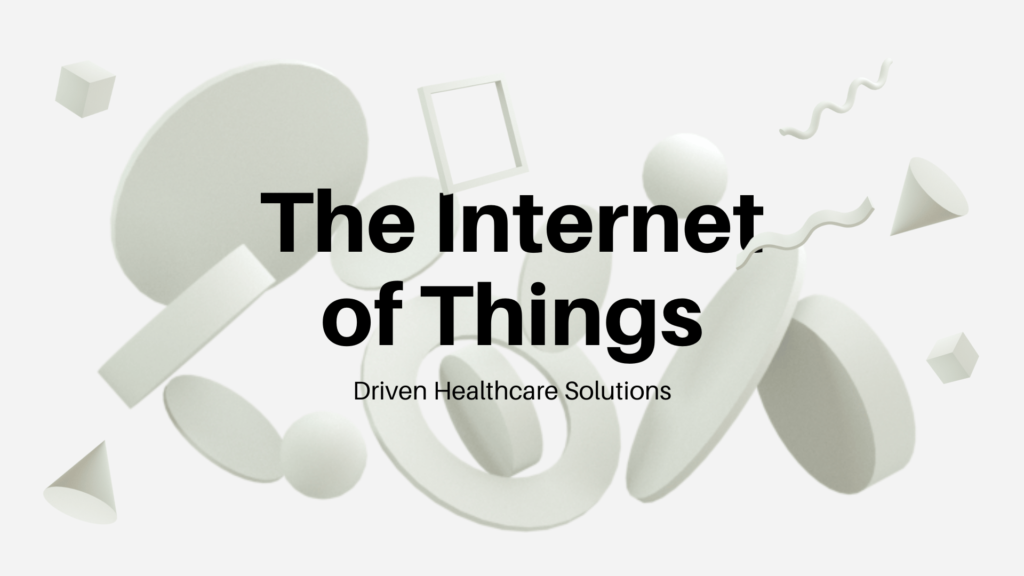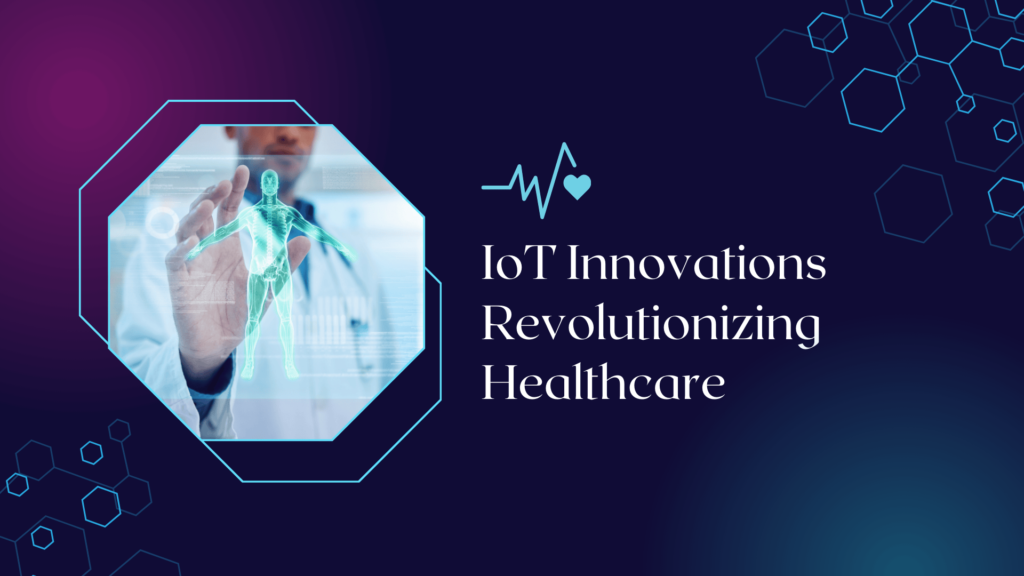The Rise of AI in Healthcare IT Systems
Artificial Intelligence (AI) is transforming healthcare IT, introducing smarter systems for diagnostics, treatment planning, and operational efficiency. AI-powered tools from companies like IBM Watson Health analyze vast datasets, uncovering patterns that assist in early disease detection. In IT systems, AI enhances patient care through personalized medicine. By leveraging predictive analytics, AI identifies potential health risks, allowing for preemptive interventions. Operationally, AI improves hospital management by automating tasks like resource allocation and staff scheduling, reducing costs and errors. While AI offers immense potential, ethical and regulatory considerations remain critical. Ensuring transparency and fairness in AI algorithms is vital for building trust. The future of healthcare IT will undoubtedly be shaped by AI advancements, revolutionizing how care is delivered and managed.


